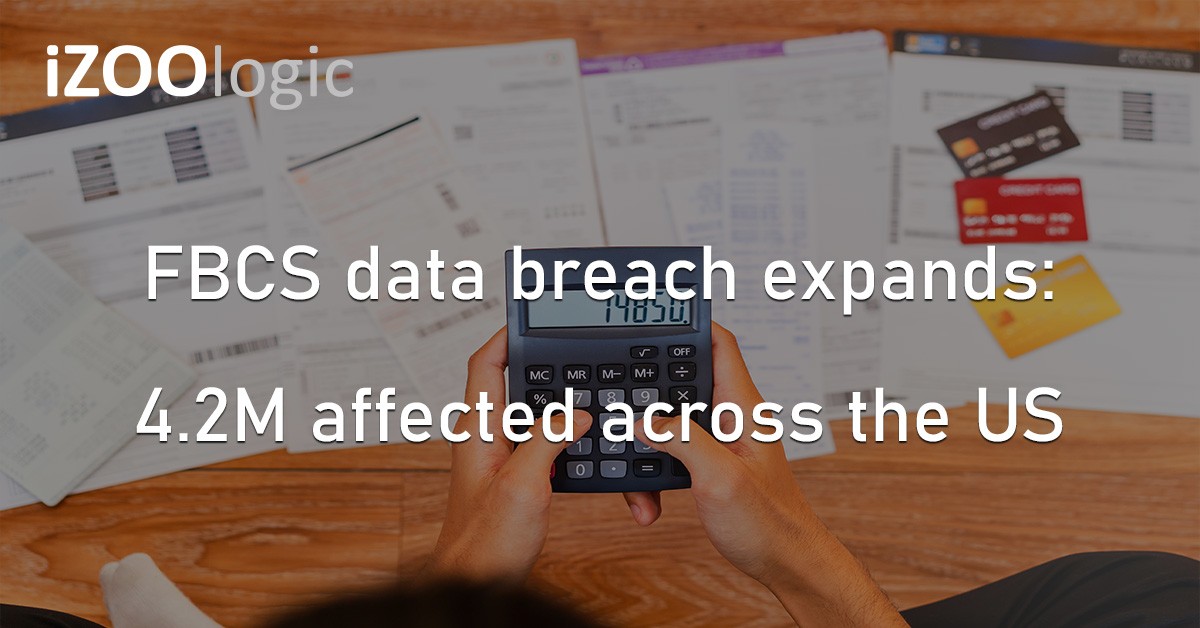The FBCS data breach increased the number of affected people to about 4.2 million in the United States. This entity is a debt collection firm in the US that collects unpaid debts from various industries, including healthcare, auto loans, consumer credit, student loans, and utilities.
In April, the corporation disclosed that a cybersecurity incident within its system compromised the sensitive personal information of approximately 1.9 million persons in the United States. This data breach resulted in a heist of information, which they subsequently confirmed impacted 1.3 million to 3.2 million users in May.
However, in a new notice filed with the Office of the Maine Attorney General, the corporation increased the figure again, revealing that the data breach now affects more than 4,000,000 individuals.
As of now, the confirmed leaked data varies from one affected individual to another, such as full names, Social Security numbers, dates of birth, account information, driver’s license numbers or ID cards.
FBCS has rolled out new notification letters for the newly added individuals affected by the attack.
Beginning July 23, FBCS deployed data breach warnings to the newly added users, warning them about increased chances of phishing and fraud campaigns targeting them. The alert also includes advice on enrolling in the company’s two-year credit monitoring and identity restoration program.
The company has yet to uncover the real cause of the attack that resulted in the data leak, and no ransomware groups have claimed responsibility. However, the organisation just stated that they discovered unauthorised access to their internal network.
The incident occurred last February when the FBCS discovered illegal access to specific systems in its network. The breach notification also claimed that this attack did not impact its computer systems outside the FBCS network.
Still, those affected by the data breach and those who received the notifications should be cautious about the targeted phishing attacks aimed at stealing more information.
Experts recommended that affected individuals monitor their credit reports to spot fraudulent activity since the exposed information could allow the threat actors to execute identity theft campaigns.
